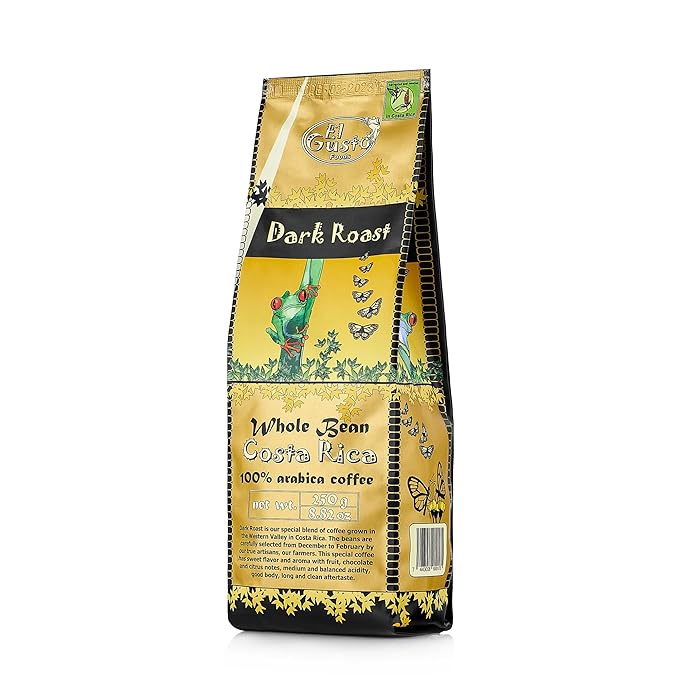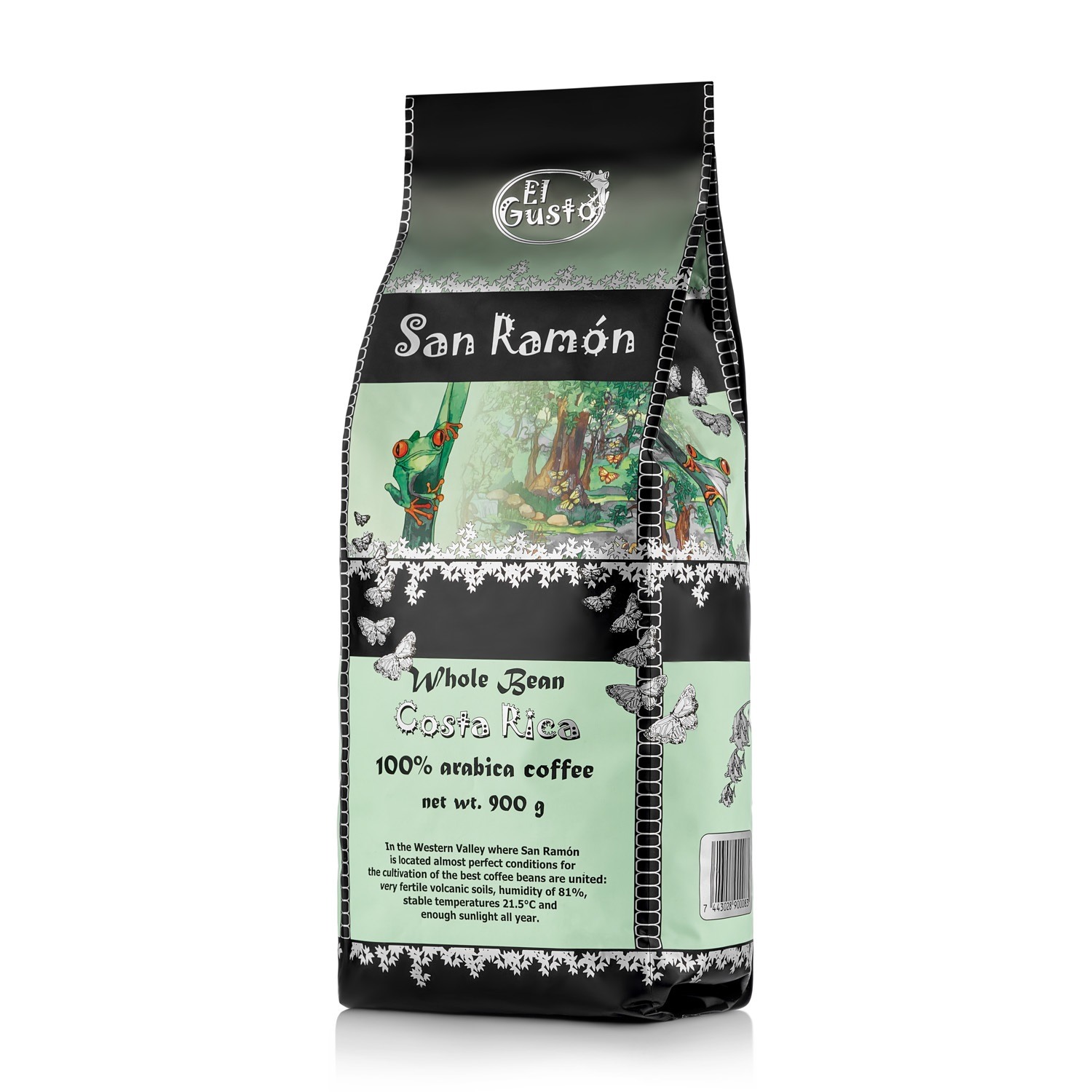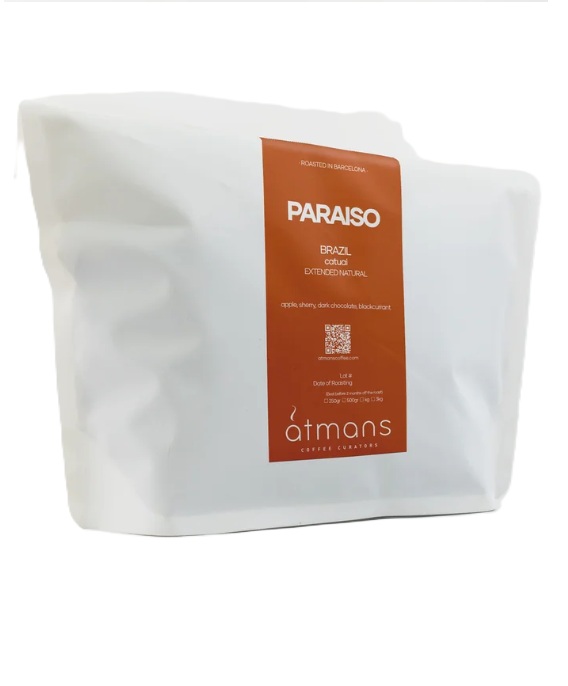
The Role of Coffee in Anti-Inflammatory Diets
Table of Contents
- What is an Anti-Inflammatory Diet?
- How Coffee Helps Combat Inflammation
- 1. Antioxidant Properties of Coffee
- 2. Coffee's Anti-Inflammatory Compounds
- 3. Coffee and Its Impact on Metabolism
- The Link Between Coffee and Chronic Inflammatory Conditions
- 1. Coffee and Arthritis
- 2. Coffee and Cardiovascular Health
- 3. Coffee and Diabetes
- How to Incorporate Coffee into an Anti-Inflammatory Diet
- 1. Choose the Right Coffee
- 2. Skip the Sugar
- 3. Add Anti-Inflammatory Ingredients
- 4. Limit Additives and Creamers
- Possible Side Effects of Coffee in an Anti-Inflammatory Diet
- Conclusion
The Role of Coffee in Anti-Inflammatory Diets
- azeem memon
- 31-12-2024
- 23-07-2025
- 1180 views
- Coffee Shop

Coffee, one of the most beloved beverages worldwide, is often consumed for its energizing effects and rich, robust flavor. However, coffee has more to offer than just a caffeine kick. Recent research suggests that coffee, when consumed in moderation, can play a role in an anti-inflammatory diet, which is essential for reducing the risk of chronic diseases like heart disease, diabetes, and arthritis. In this blog, we’ll explore how coffee fits into an anti-inflammatory diet, its potential health benefits, and how to incorporate it into your daily routine.
What is an Anti-Inflammatory Diet?
Before diving into the role of coffee, it’s important to understand what an anti-inflammatory diet entails. Inflammation is the body’s natural response to injury or infection, but chronic inflammation is linked to a host of health problems. An anti-inflammatory diet focuses on reducing this chronic inflammation through nutrient-dense foods that promote health and well-being.
Foods that are commonly recommended on this type of diet include:
- Fruits and Vegetables: Rich in antioxidants and phytochemicals that help fight inflammation.
- Healthy Fats: Such as those found in olive oil, nuts, and fatty fish.
- Whole Grains: Brown rice, quinoa, and oats are excellent options.
- Legumes: Beans, lentils, and peas are high in fiber and antioxidants.
- Herbs and Spices: Turmeric, ginger, garlic, and cinnamon are well-known for their anti-inflammatory properties.
A well-rounded anti-inflammatory diet helps reduce the risks associated with inflammation-related diseases, and coffee may play a significant role in this regard.
How Coffee Helps Combat Inflammation
1. Antioxidant Properties of Coffee
Coffee is one of the largest sources of antioxidants in many people’s diets. Antioxidants neutralize free radicals, which can damage cells and trigger inflammation. The polyphenols in coffee, such as chlorogenic acids, are powerful antioxidants that help reduce oxidative stress and lower inflammation in the body. These compounds are beneficial for managing conditions like arthritis, cardiovascular diseases, and even certain types of cancer.
2. Coffee’s Anti-Inflammatory Compounds
Recent studies suggest that coffee contains compounds that have anti-inflammatory effects. Chlorogenic acids, in particular, have been shown to reduce markers of inflammation in the body. These compounds help inhibit the production of pro-inflammatory molecules, making coffee an excellent addition to an anti-inflammatory diet.
3. Coffee and Its Impact on Metabolism
Drinking coffee may also help with weight management, which is essential for reducing chronic inflammation. Excess fat, particularly abdominal fat, can contribute to inflammation. Coffee’s ability to stimulate thermogenesis (the process of heat production in the body) and enhance fat burning may assist in maintaining a healthy weight, thus reducing inflammation levels.
The Link Between Coffee and Chronic Inflammatory Conditions
1. Coffee and Arthritis
Arthritis is one of the most common conditions linked to chronic inflammation. The anti-inflammatory properties of coffee can be beneficial for people suffering from arthritis, especially rheumatoid arthritis. Research has shown that regular coffee consumption can help reduce the risk of developing rheumatoid arthritis and may alleviate symptoms in those already affected.
2. Coffee and Cardiovascular Health
Chronic inflammation is a significant risk factor for cardiovascular diseases. The polyphenols in coffee, particularly those found in dark roast varieties, can improve endothelial function, reduce oxidative stress, and decrease the production of inflammatory cytokines. These effects contribute to a lower risk of heart disease and stroke.
3. Coffee and Diabetes
Inflammation plays a role in the development of type 2 diabetes, as insulin resistance is often linked to chronic low-grade inflammation. Some studies have suggested that coffee consumption may improve insulin sensitivity and reduce markers of inflammation, potentially lowering the risk of type 2 diabetes. Additionally, coffee’s ability to regulate blood sugar levels can be beneficial for those managing diabetes.
How to Incorporate Coffee into an Anti-Inflammatory Diet
To maximize the anti-inflammatory benefits of coffee, it’s essential to consume it in a way that complements a healthy diet. Here are some tips for incorporating coffee into your anti-inflammatory lifestyle:
1. Choose the Right Coffee
Not all coffee is created equal. The roasting process can impact the levels of beneficial compounds in coffee. Light roasts tend to preserve more antioxidants and polyphenols compared to dark roasts. If you want to maximize the anti-inflammatory effects of your coffee, opt for light or medium roasts and consider organic coffee, which is less likely to contain harmful pesticides.
2. Skip the Sugar
While coffee can be rich in antioxidants and beneficial compounds, adding sugar or syrups can negate its health benefits. Excessive sugar intake can promote inflammation, so it’s best to enjoy your coffee black or with a small amount of natural sweeteners like stevia or honey.
3. Add Anti-Inflammatory Ingredients
Consider adding anti-inflammatory ingredients to your coffee for an added health boost. Cinnamon, turmeric, and ginger are all excellent choices that can complement coffee’s anti-inflammatory effects. These spices not only add flavor but also contribute additional antioxidants and anti-inflammatory compounds.
4. Limit Additives and Creamers
Many commercial creamers contain artificial ingredients and trans fats, which can increase inflammation. Instead, opt for natural, anti-inflammatory alternatives like unsweetened almond milk, coconut milk, or grass-fed butter (for bulletproof coffee). These ingredients can provide a creamy texture without harming your health goals.
Possible Side Effects of Coffee in an Anti-Inflammatory Diet
While coffee offers many health benefits, it’s essential to consume it in moderation. Overconsumption of coffee can lead to anxiety, digestive issues, and sleep disturbances. Additionally, excessive caffeine intake can trigger inflammation in some individuals, particularly those with sensitive digestive systems. It’s essential to listen to your body and adjust your coffee consumption accordingly.
Conclusion
Coffee is much more than just a morning ritual—it’s a beverage that can complement an anti-inflammatory diet and offer numerous health benefits. The antioxidants, anti-inflammatory compounds, and potential metabolic effects make coffee a great addition to your daily routine, especially for those looking to reduce chronic inflammation and promote overall health. As with all foods and beverages, it’s crucial to consume coffee mindfully and pair it with a balanced, nutrient-dense diet to experience the full range of benefits.






















